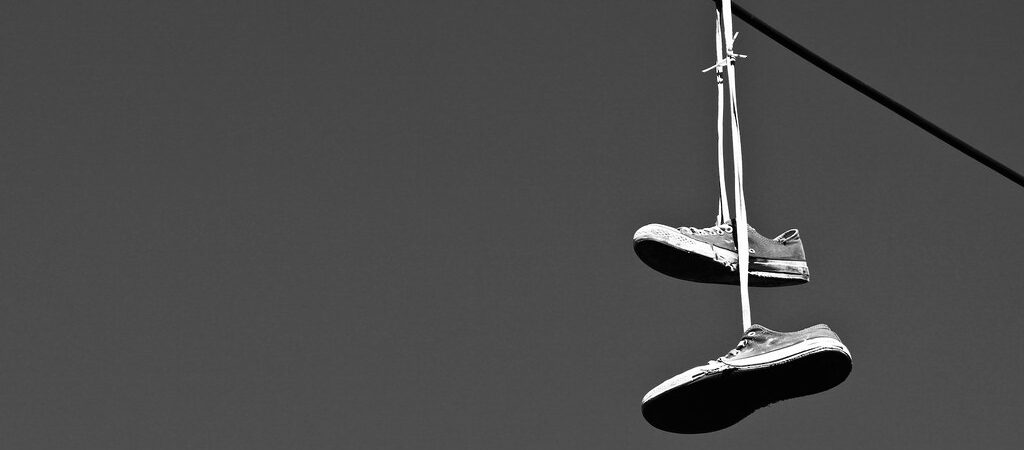
One form of criminal exploitation that is now never far from the headlines is cuckooing. Recently there have been hundreds of arrests as police all over the UK crack down on County Lines crime. Cuckooing has been a major factor in many of these cases but why is cuckooing on the rise?
What is cuckooing?
Cuckooing is the practice of taking over a person’s home to use the property for criminal purposes. It takes its name from the cuckoo bird who lay their eggs in other birds’ nests.
The most prevalent types of cuckooing are using the overtaken property for:
- Dealing, storing or taking drugs (by far the most common use)
- Sex work
- A place to live for illegal migrants or minors
- Financially abusing the tenant
One of the reasons for the steep increase in concern – and police action – is the exploitative nature of cuckooing and the highly vulnerable nature of those involved.
Many victims of cuckooing are people who misuse drugs or alcohol. Just as often they are people with learning difficulties, learning disabilities, mental health issues, physical disabilities or people who have become socially isolated or suffered sexual or physical abuse in the past.
The police are also increasingly concerned about the links to international organised crime they have discovered, links that extend far beyond the UK’s County Lines networks.
Once a criminal targets a particular property, they will usually act in set stages. The first is to befriend the victim, charming them and, eventually, gaining their trust.
The next step is the ‘exchange’ period. The criminal will offer their victim something they want, for example drugs, money or clothes. In some cases, the exchange could even be a sexual relationship. Once the exchange takes place, the victim will feel indebted to their new friend.
Once the balance of power has been established, the criminal will begin to ask for favours. It may be some storage room or permission to meet their friends at the property.
The next stage is the escalation.
More and more storage room will be demanded and/or more and more friends will turn up more frequently. By this point there is very little the victim feels they can do, especially as the criminal will more than likely have used the befriending stage to isolate their victim from their family and friends. They will probably also have begun to be threatened with abuse or violence.
However, it is important to remember that in some cases those being exploited may not be unmitigated victims. Recent cases have shown some have been targeted because of their own involvement in crime and have offered their properties in return for protection or to settle outstanding debts.
What are the signs of cuckooing?
The main signs that cuckooing may be going on at a property include:
- An increasing in young people around the property (possibly overusing mobile phones)
- An increase in people entering and leaving the property
- An increase in people entering and leaving the property at strange times of day and night
- More cars and/or bikes arriving and leaving
- An increase in anti-social behaviour around the property
- Damaged doors or doors left propped open
- Unfamiliar people trying to gain access to the property
- The absence of the regular tenant for long periods of time
- Signs the regular tenant is anxious or frightened
- The regular tenant suddenly acquiring money, clothes or other expensive items
- Signs of physical assault, unexplained injuries or self-harm on the tenant
- The absence of the regular visitors the tenant used to receive (including visits from healthcare professionals and social services)
Although these signs will not necessarily indicate cuckooing, they will probably warrant further investigation because they could indicate other offences are being committed or that the tenant is suffering other forms of neglect or abuse.
As cuckooing is likely to be part of wider and more organised crime, we would always suggest that if you suspect cuckooing, you contact your local police station immediately.
If you or a one of your clients has been a victim of cuckooing and require legal advice or representation in court, please contact Gareth Burrows, one of the Organised Crime specialists in our hugely experience Crime team.
Leave A Comment